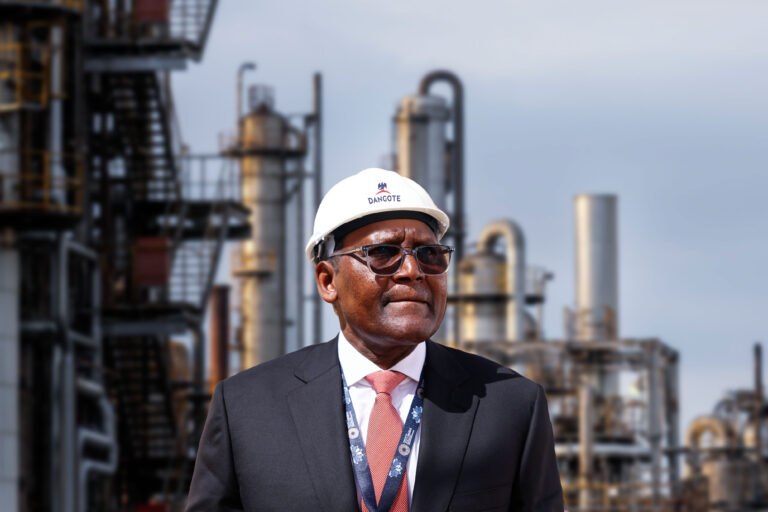Devakumar V.G. Edwin, the Vice President of Dangote Industries Limited, expressed disappointment regarding local marketers’ refusal to buy products from the Dangote Refinery. He highlighted that despite the refinery’s large production capacity, only around 3% of its products are being bought locally.
During a discussion on X, Edwin revealed that although the refinery strives to provide cost-effective petroleum products, a significant number of Nigerian traders still opt to import refined goods instead of sourcing them domestically.
“The whole purpose of doing this refinery in Nigeria was to utilize our local crude instead of exporting raw materials and importing finished products. We should be able to refine and use the finished products within Nigeria and produce more to export the surplus,” he explained.
The refinery is exporting 97% of its output, including diesel and jet fuel.
This move is driven by a boycott from local traders who are unwilling to purchase at the refinery’s reduced prices.
As a result, the refinery has been forced to prioritize global markets, even though its initial aim was to cater to the Nigerian market.
Edwin said: “I’m selling 2 to 3% to small traders who are willing to buy, while the rest 95 to 97% I’m forced to export,” while speaking about the quantity of the refinery’s Products sold locally.
He implied that certain marketers are deliberately hindering the refinery’s activities by opting to import products instead of backing domestic refining efforts. Additionally, he disclosed that local marketers have reached out to President Bola Tinubu to voice their worries about the refinery’s pricing policies.
“They wrote to His Excellency, the president, claiming that we are disturbing the market by dropping our prices,” Edwin disclosed.
Edwin added that due to local marketers hindering the distribution of their products within the country, the refinery has been exporting the majority of its petroleum output.
He mentioned that the Dangote Refinery can produce up to 54 million liters of refined petroleum daily, depending on crude oil availability.
However, inconsistent domestic crude supplies have forced the refinery to rely on imported crude from countries such as the U.S. and Brazil.
This issue is worsened by international oil companies (IOCs) focusing on foreign markets, often selling crude at prices much higher than what local buyers can afford.
He stressed that the refinery’s production capacity is more than sufficient to meet Nigeria’s petroleum needs, with just 44% of its output able to fulfill the country’s entire demand for refined products.
The Dangote Refinery, which began operating in March, provided diesel and aviation jet fuel in April and is now expected to begin supplying premium motor spirit (PMS) this month (September).
Source: ambusinessng

